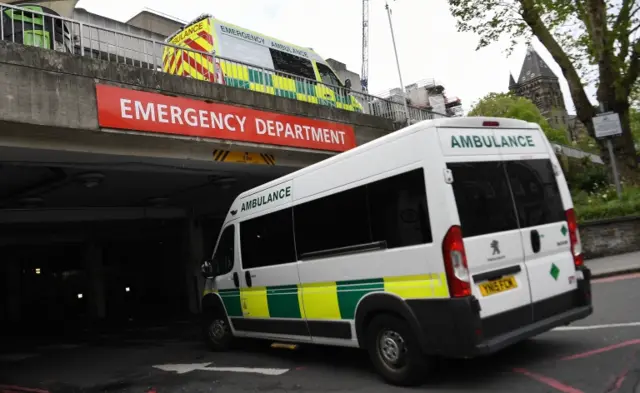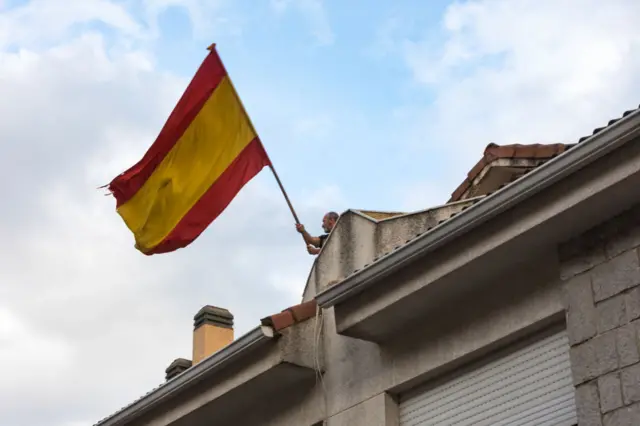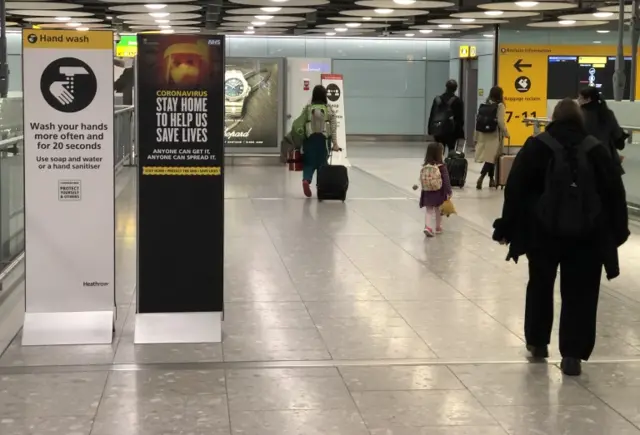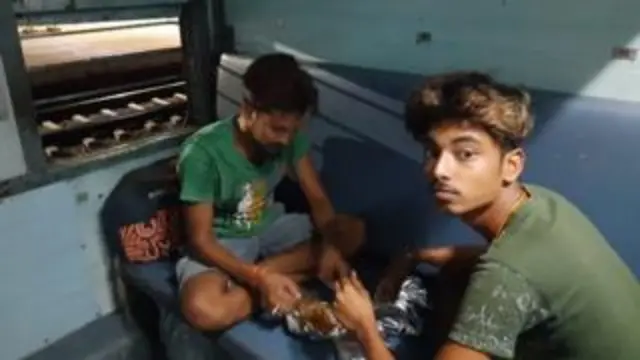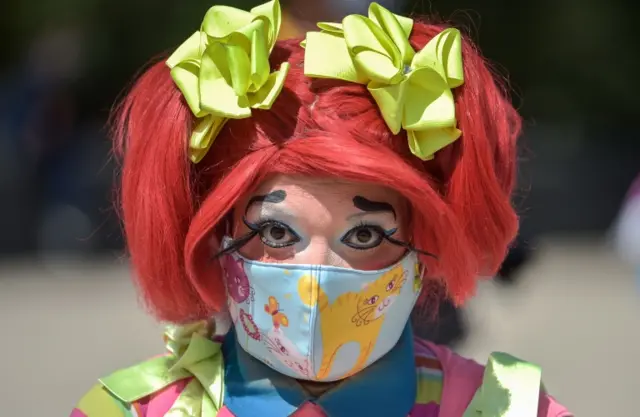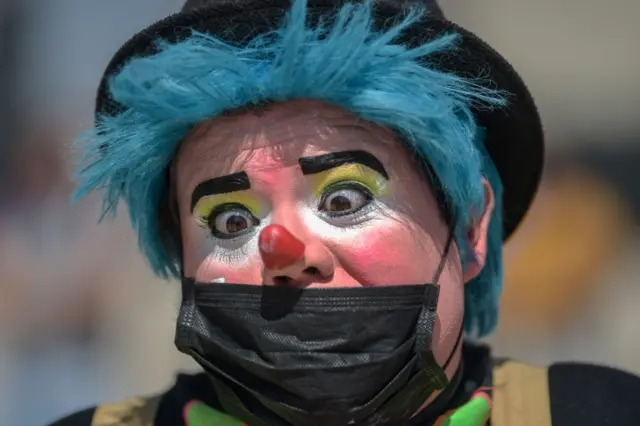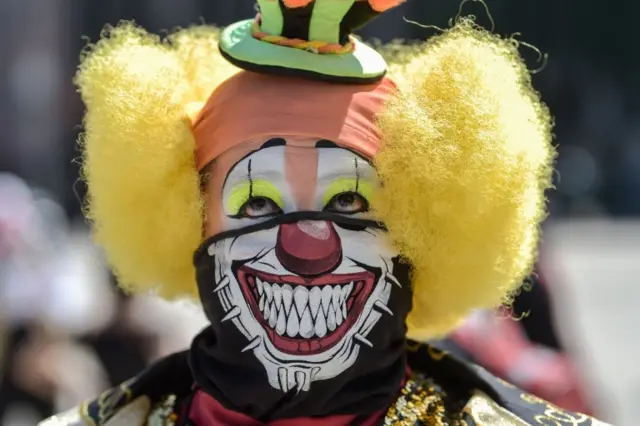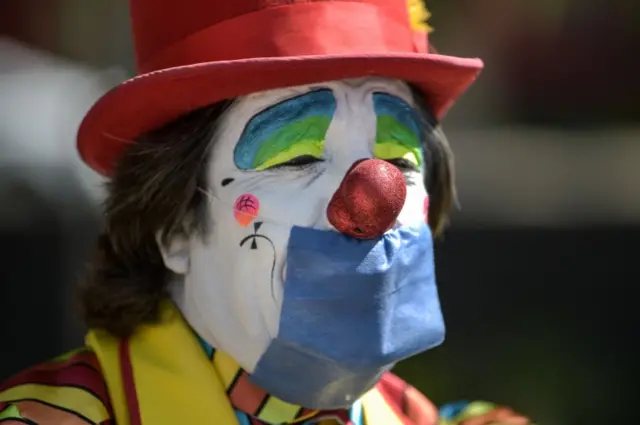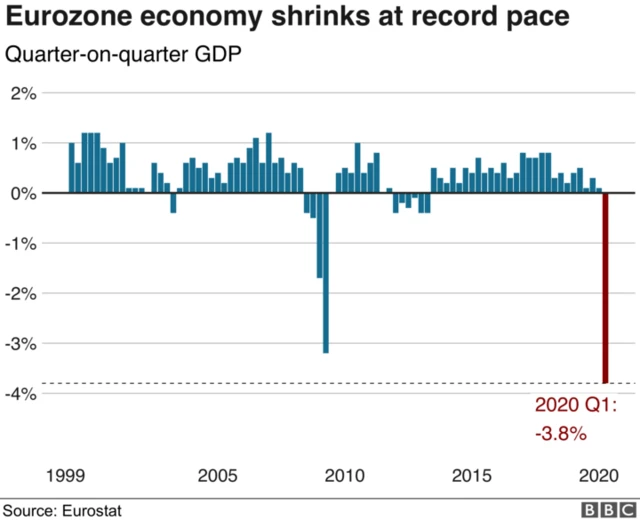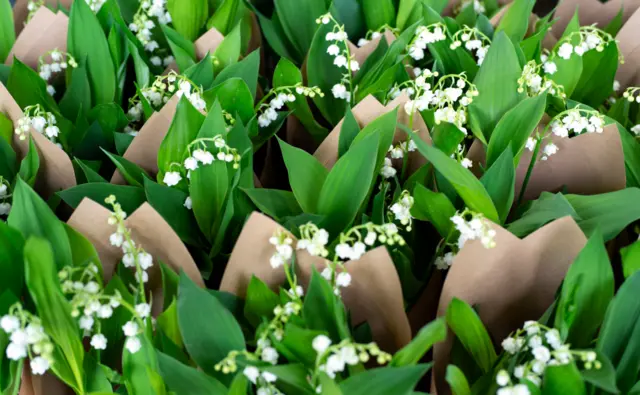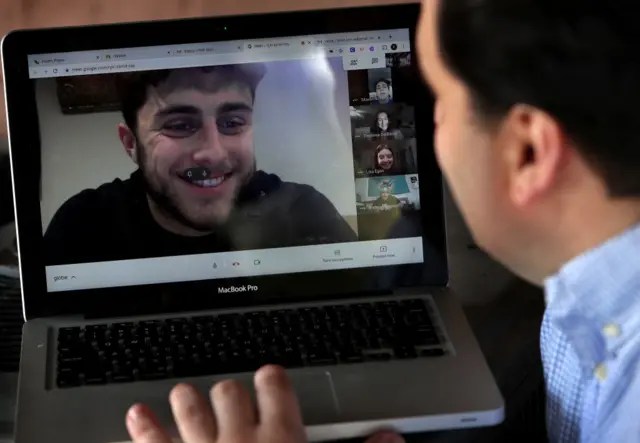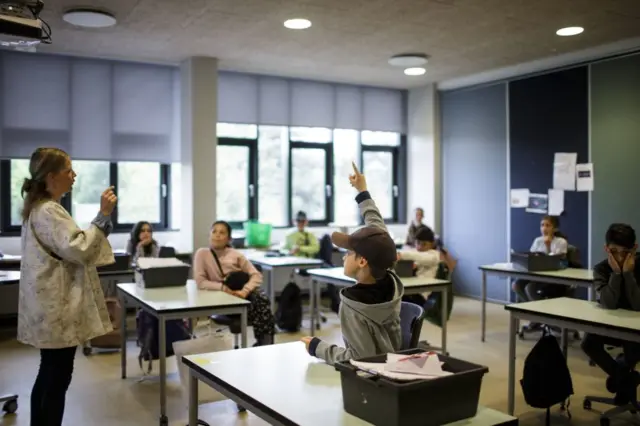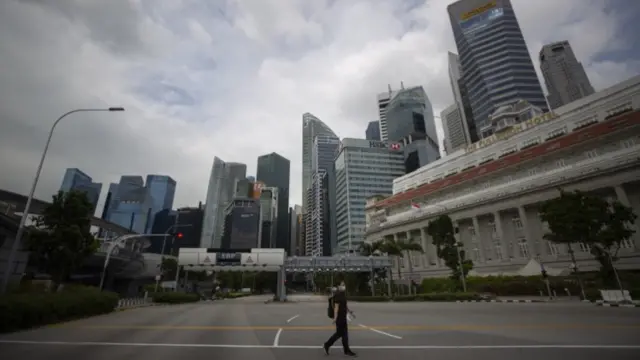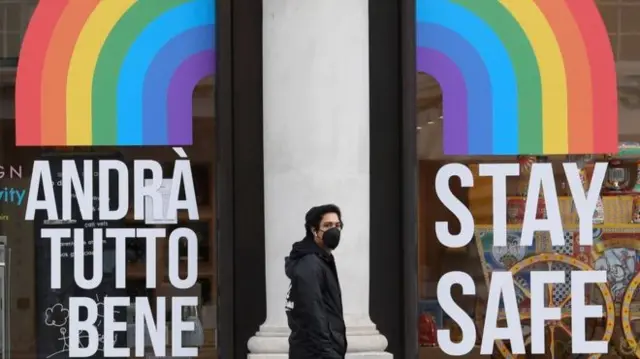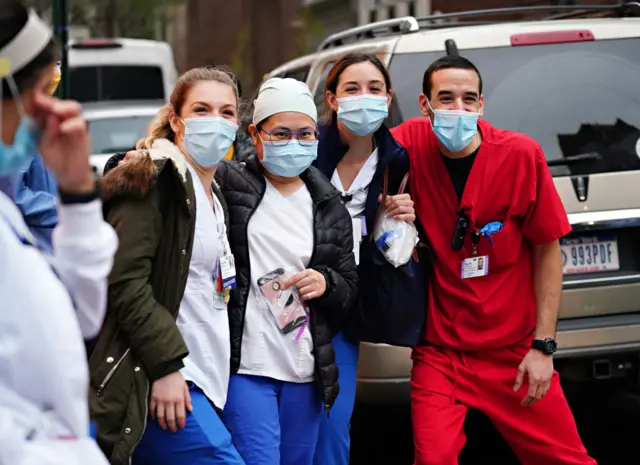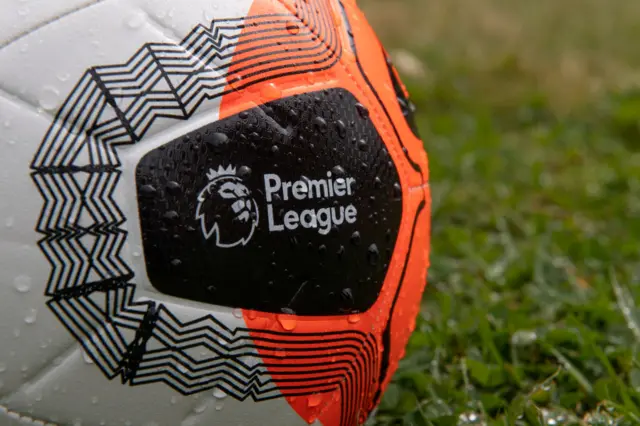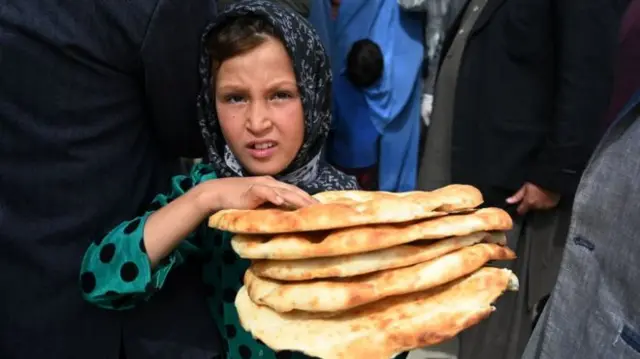Kenyan medics 'forced to reuse gowns and masks'published at 11:09 BST 1 May 2020
 Rhoda Odhiambo
Rhoda Odhiambo
BBC Africa Health, Nairobi
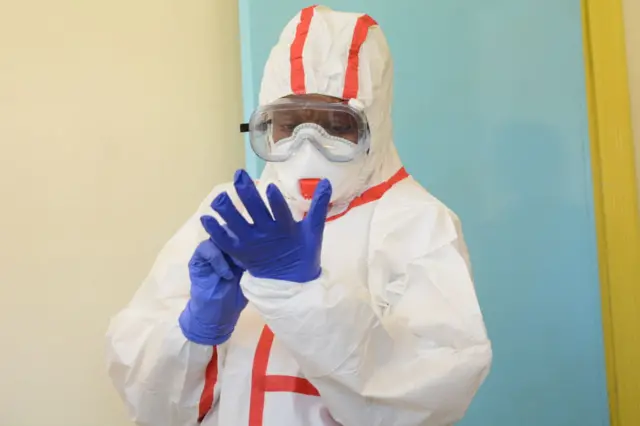 Image source, Getty Images
Image source, Getty ImagesKenyan health workers have asked for more protective gear
The majority of health workers in Kenya have been forced to reuse personal protective equipment (PPE), according to a study by Kenya Legal and Ethical Issues Network (Kelin).
Most of the health workers interviewed in the study said there is a lack of regular supply from government.
Only 17.8% said they were regularly supplied with protective equipment.
More than half of those interviewed said they had received training on how to prepare and handle a confirmed case.
The World Health Organization’s Emergency Operations Programme Manager Dr Michel Yao told the BBC that governments need to offer refresher programmes to health workers regularly so that they are better equipped to take care of patients as well as protect themselves.
"The most important thing is rehearsal. If you don’t practise you can make a mistake and expose yourself as well as your families," Dr Yao said.
